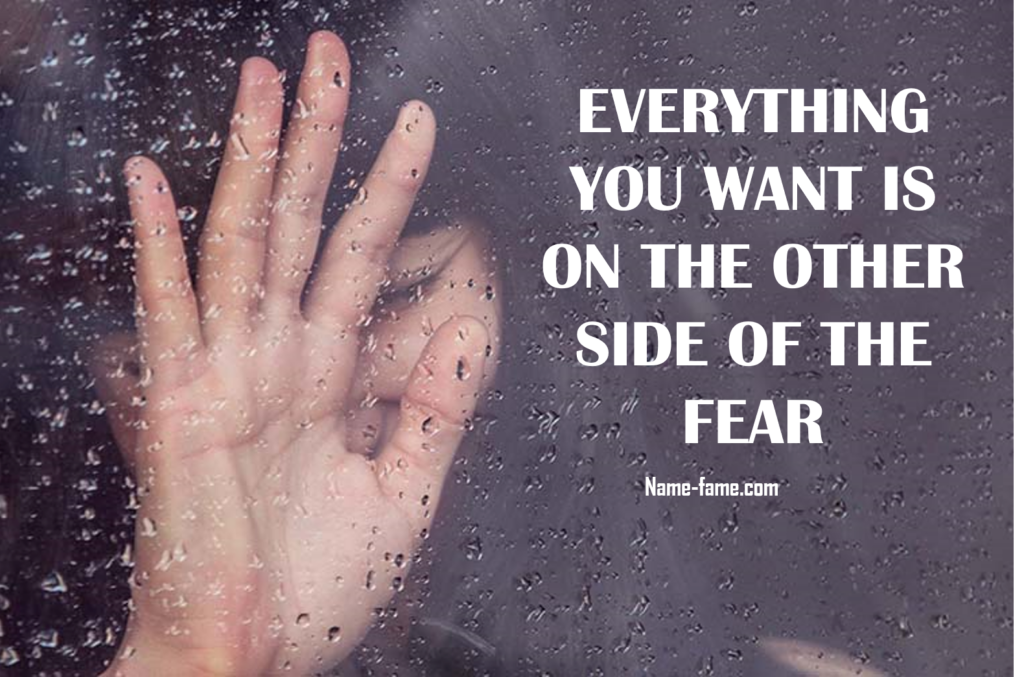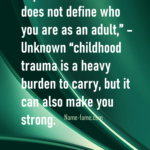Have you ever made a resolution for the new year? Despite the fact that they are a part of almost everyone’s holiday traditions, we seem to struggle to follow through on all the new activities we intend to attempt. We have a tendency to be overly hopeful throughout the Christmas season, which is one of the reasons why our resolutions frequently fail. The second reason is less lyrical and more common: doing something new carries a chance of failure, and failure is the one thing that most people fear. While this fear serves to keep us safe, it can also prevent us from reaching our full potential.
I’ll examine the nature of the dread of attempting or beginning something new in this essay, along with strategies for overcoming it.
SEE ALSO: How to Complete Your Mental Diet: Mental Diet for Manifestation
why it’s unsettling to attempt new things
A fear of beginning something new may arise for a variety of causes. Find out why you are terrified of beginning something new before you do it. Here are a few possible explanations.
Uncertainty makes us fearful
The fact that something is new and strange is one of the reasons why it scares us.
Neophobia is the term used for the fear of trying something new, especially if the fear is unreasonable or persistent.
The most crucial thing to bear in mind regarding any form of dread or worry is that they have a purpose: to keep us safe and protected from potential harm. So, to some extent, having a healthy fear of the unfamiliar and new is normal.
The majority of people have had some sort of neophobia, typically in the context of food. It’s entirely acceptable for some folks to be highly apprehensive about attempting new cuisines. However, you have a problem if your aversion to novel flavors makes you hungry. Neophobia, however, typically only causes mild discomfort to those who have it.
SEE ALSO: A Medical Professional Explains How Negative Thinking Affects the Brain.
Failure is definitely an option
The chance of failure that comes with new endeavors is another factor, and for most individuals, there is nothing more terrifying.
Because failure is the most likely outcome, failure is a very common fear. It takes a lot of labor and effort to succeed, yet occasionally, no matter how hard you try, you’ll still fall short. To continue striving toward your objective in the face of failures and setbacks requires considerable mental fortitude and tenacity.
This is not to argue that trying is pointless. The fact that we keep trying despite the fact that the odds aren’t always in our favor makes me think that humans are rather admirable. Being resilient creatures, we frequently get back up after being knocked down by life.
Our dread of shame
Some psychologists contend that fear of failure has little to do with actual failure. Instead, we fear the humiliation and disgrace that result from failure.
SEE ALSO: How To Bring More Mindfulness Into Life
John Atkinson, a psychologist, first put forth this theory in 1957, and numerous investigations have since supported it. Holly McGregor and Andrew Elliot discovered in their 2005 study that those who experience higher levels of fear of failure also report higher levels of shame following a perceived failure event, demonstrating a clear relationship between shame and fear of failure.
According to the authors, shame is an unpleasant emotion, thus it is not surprising that people who have a high fear of failing focus on and try to avoid failing in situations where they are trying to achieve something.
Shame actually does have a tendency to hurt more than other unpleasant feelings, even if disappointment, anger, and other negative emotions are also challenging to manage. Consider a circumstance in which you experienced shame or humiliation. It’s not likely your favorite recollection.
Perfectionism is a significant component that affects the fear of failure; the higher one’s standards for themselves, the greater the dread of failure. According to a 2009 study, the relationship between perfectionism and fear of failure in athletes is strongly influenced by the fear of humiliation and shame.
Finally, attempting new things might be intimidating because, above all else, people are afraid of the unknown and embarrassment.
SEE ALSO: Life-Changing Achievement Learn from Tony Robbins’ advice
How to get past your fear of beginning new things
The advantage of fear is that it can be conquered. The bad news is that the only way to get through it is to get through it in order to get through it. Fear and the belief that things will somehow improve cannot be avoided. However, you can learn to love taking on new challenges rather than fear them with some conscious effort and work.
1. Begin modestly
Start small and build up to the more terrifying things gradually if you want to overcome any form of fear. It’s not a good idea to speak in front of a large audience if you’re nervous about public speaking.
Performing for a smaller audience is crucial to gaining pleasant experiences and little triumphs that aid in your transition.
Take it one step at a time and see overcoming your fear as a staircase. Your chances of falling rise if you attempt to jump a few steps ahead.
2. Recognize your fear
Being wary of trying something new is acceptable. It doesn’t matter if your fear is of failing or of seeming foolish; what counts is that you make an effort to get over it.
SEE ALSO: 7 Sign’s You’re Merging with Your Higher Self
People frequently believe that they shouldn’t have ever been terrified. However, believing that you shouldn’t be afraid usually only makes the fear stronger if you are already afraid. Instead of criticizing yourself for having a fully normal reaction, accept that you are terrified and concentrate on developing your courage.
3. Concentrate on your sphere of influence
We frequently imagine “what if” situations when we’re worried. If you’re afraid to try anything new because you keep picturing all the things that could go wrong, stop for a moment and consider what you can control.
If you’re anxious about joining a gym, for instance, you can go with a friend or review gym etiquette online. You have total control over these factors. Uncontrollable factors include how crowded the gym is, whether or not all of the equipment is functional, and whether or not the locker area is spacious enough.
You should concentrate your efforts on the things you can control and stop worrying about the things you can’t change.
4. Control your anticipations
Individuals lack patience. We demand outcomes right away. It’s crucial to understand that it takes time to become good at something. It might occasionally take time to develop a taste for something. If you don’t reach perfection right away, don’t give up; just give yourself time to adjust to your new passion or career. Sometimes it can be “love at first sight,” but it’s acceptable if you need more time to adjust.
SEE ALSO: Why Emotional Intelligence Matters and How to Develop It
Take a close look at your thinking and expectations, and make the necessary adjustments. Expecting speedy results is very likely a factor in your worry.
A conclusion
Because stepping outside of your comfort zone carries a risk of failure, trying something new can be intimidating.Learning to face your anxieties can only benefit you because you need to step outside of your comfort zone to grow as a person. The upcoming year is the ideal moment to conquer your fear, why don’t you start something new?
BEST BOOK – Overcoming Fear: The Supernatural Strategy to Live in Freedom







